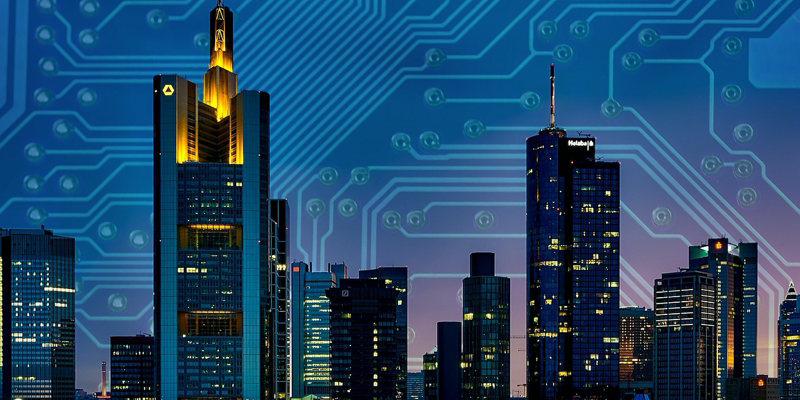The UN estimates that there are now 33 megacities with a population of over 10 million with five of them being in India. As we pace towards developing an urban utopia and managing the brimming influx into our cities, we face the dilemma of how and where to leverage Artificial Intelligence (AI). The Indian ecosystem requires a smooth course to incorporate AI for spatial planning while simultaneously preparing for contingencies.
Using data sensors, AI can assist in creating well-thought-out roadmaps for a variety of industries, including waste management, mobility, traffic systems, policing, and healthcare. The promise of such endeavours, however, can only be realised when AI is no longer considered in isolation while developing the city framework. Having a separate conversation about AI systems contradicts the objective.
For smart cities to genuinely transform into “intelligent” settings, AI modelling should be applied in three important areas: monitoring and responsiveness; connectivity and anchoring; and executing predictive simulations to navigate novel circumstances.
- Smart public spaces and parks
AI technology will track visitor behaviour and regulate related systems, such as park upkeep, pavement illumination, and other operating conditions, potentially saving money and enhancing accessibility and safety.
- The Smart Home
The use of AI to domestic tasks like smart roofs, water-saving software, and smarter water use would assist reduce human effort required for daily tasks.
- AI-powered delivery
Applications for AI include the supply of predictive services based on citizen data, the rationalisation of administrative staff based on anticipated service demand, the analysis of migration trends, and AI-based chatbots for grievance redress.
- savvy safety measures
Smart command centres with cutting-edge surveillance systems that could keep an eye on prospective criminal occurrences and the general security of the population might be used AI technology to give safety.
By gathering information from social networking sites and forecasting prospective activities that pose a threat to the public, social media intelligence systems can help to ensure public safety. After the installation of AI-driven security systems, the crime rate in Surat has decreased by 27%.
- Crowd control
The Singaporean government worked with a private company to create a method for anticipating crowd behaviour and possible reactions to incidents. In terms of high crowd activity, crowd size estimation, and object detection, the solution had an accuracy of 85%.
Similar to this, “Kumbh Mela Experiment” was established to forecast crowd behaviour and the potential for a stampede using AI. Over 1,000 CCTV cameras were utilised to monitor movement from the Kumbh Mela’s 32 square kilometre venue, which is the largest religious gathering in the world.
The management of responses and advanced prediction could be aided by other such big data and AI technologies.
- Cyber-attacks
Artificial intelligence (AI) tools can identify flaws and take corrective action to reduce exposure to secure internet platforms that house highly sensitive data.
——————————————————————————————————————————————————————–
Global Artificial Intelligence Summit & Awards
If you or your organization is building cutting-edge AI solutions to adapt to a world driven by technology, Please nominate yourself/or your company for GAISA AWARDS 2022.
Please follow the below-given link to nominate:https://gaisa.in/award
All further details regarding the event will be updated on the official website of Gaisa 2022. Please Visit: https://gaisa.in/

